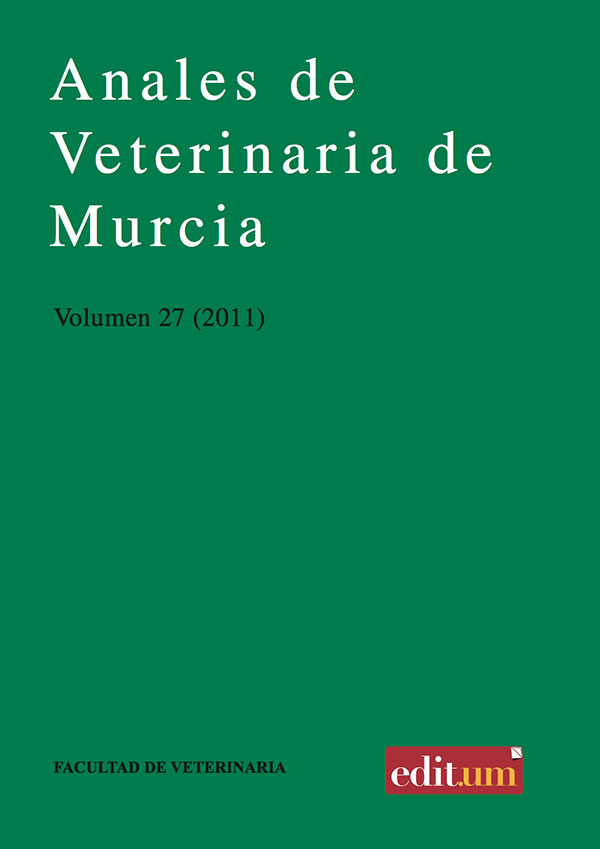Effect of tomato juice intake on lycopene and short chain fatty acid content in faeces of Sprague Dawley rats
Abstract
A wide range of bioactive components are provided to the diet by vegetables intake, which can be absorbed by the intestinal cells during digestion process. Furthermore, some of these components are susceptible to be used as fermentative substrate by intestinal microbiota as well as playing a protective role on colon cells when maintain their original structure. The aim of this research was to evaluate the content of lycopene and short-chain fatty acids (SCFA) in faeces of Sprague Dawley (SD) rats. Twenty four 12 weeks old male SD rats, were selected and classified in three different groups (Control, Group A and Group B). The animals were introduced in metabolic cages and fed during a period of 21 days using a standard diet. Control Group was given ad libitum access to food and water, whereas Group B and Group A were given tomato juice with high (12 mg/100 g) and low (2.7 mg/100 g) lycopene content, respectively. Urine and faeces were picked up everyday. Both, faeces samples at the beginning and at the end of the research period were selected, analyzing lycopene content by colorimetric method and SCFA by gas-liquid chromatography. The results showed that tomato juice intake produces an increase in the amount of lycopene in faeces. This increment was directly proportional to the lycopene content in different juices. The presence of lycopene in faeces suggests that not all the lycopene ingested was absorbed. A change in the SCFA profile in faeces has been observed from the beginning to the end of the study. In this way, an increase in butyric acid level was detected in those rats which took tomato juice. This finding could be a consequence of the modification of substrates by fermentation. The antioxidant effect of lycopene through the large intestine until its excretion and the formation of butyric acid, could be able to make a positive effect on colon cells and, eventually, prevent carcinogenic processes.Downloads
-
Abstract1267
-
PDF (Español (España))599
Creative Commons Attribution 4.0
The works published in this journal are subject to the following terms:
1. The Publications Service of the University of Murcia (the publisher) retains the property rights (copyright) of published works, and encourages and enables the reuse of the same under the license specified in paragraph 2.
© Servicio de Publicaciones, Universidad de Murcia, 2019
2. The works are published in the online edition of the journal under a Creative Commons Attribution-NonCommercial 4.0 (legal text). You can copy, use, distribute, transmit and publicly display, provided that: i) you cite the author and the original source of publication (journal, editorial and URL of the work), ii) are not used for commercial purposes, iii ) mentions the existence and specifications of this license.

This work is licensed under a Creative Commons Attribution-NonCommercial-NoDerivatives 4.0 International License.
3. Conditions of self-archiving. Is allowed and encouraged the authors to disseminate electronically pre-print versions (version before being evaluated and sent to the journal) and / or post-print (version reviewed and accepted for publication) of their works before publication, as it encourages its earliest circulation and diffusion and thus a possible increase in its citation and scope between the academic community. RoMEO Color: Green.




